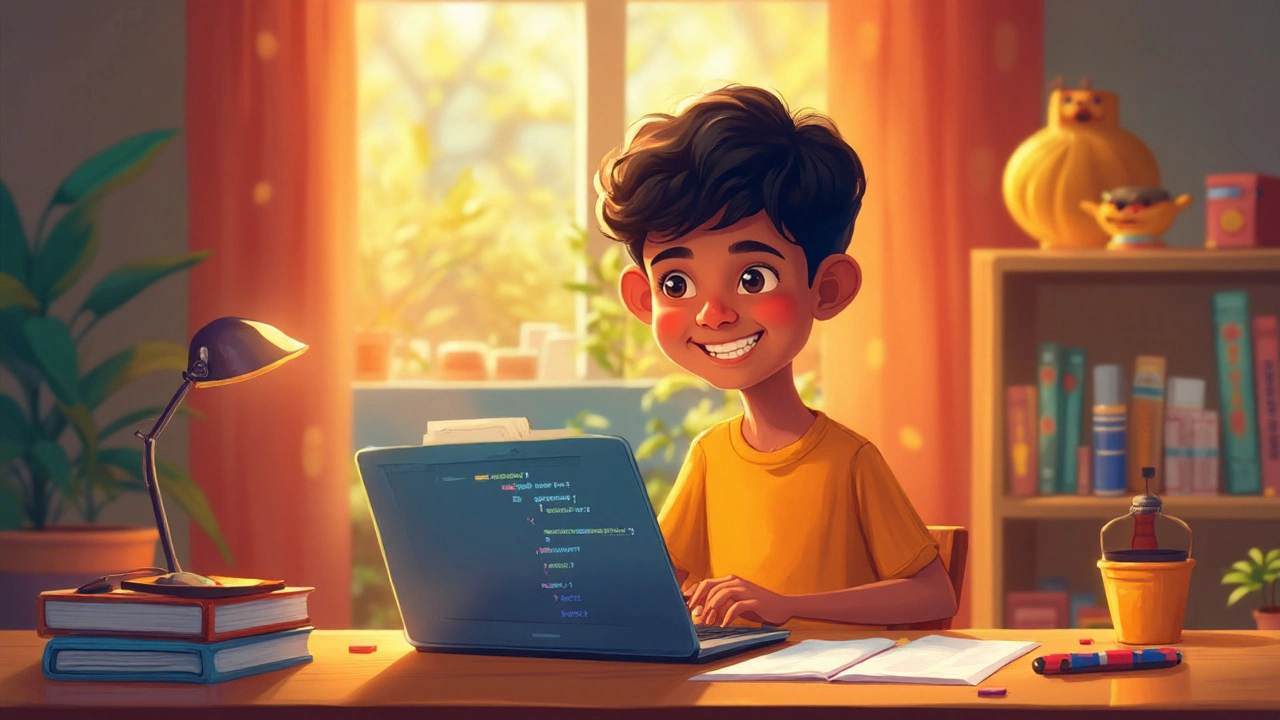
Easiest Coding Languages to Learn: Your Beginner’s Guide
Curious about coding but unsure where to start? Discover the easiest coding languages for absolute beginners, real-world uses, and helpful tips to kick off your journey.
Feeling curious about coding but worried it’s too hard? You’re not alone. Most people think you need a computer science degree before you can write a single line of code. The truth is you can start with just a laptop, an internet connection, and a bit of patience. Below are the no‑fluff steps that get you writing simple programs in under an hour.
For absolute beginners, Python is the go‑to choice. Its syntax reads like plain English, so you spend less time guessing what a line does. If you prefer building web pages, try HTML + CSS first – you’ll see results instantly in a browser. JavaScript sits right between the two, letting you add interactivity to those pages without a heavy learning curve.
Don’t overthink this decision. Whichever language you pick, the core ideas – variables, loops, and conditionals – stay the same. You can always switch later.
Skip long textbooks and head straight to interactive sites. Codecademy, freeCodeCamp, and SoloLearn let you write code in the browser and see instant feedback. A typical lesson lasts 10‑15 minutes, perfect for a coffee break.
Another underrated tool is YouTube. Channels like Programming with Mosh or CS Dojo break down concepts with real‑time coding demos. Pause, try the code yourself, then resume – that’s how muscles get stronger.
After you finish a short tutorial, challenge yourself with a tiny project. For example, build a “Hello, World!” app that asks for your name and greets you. Or create a simple calculator that adds, subtracts, multiplies, and divides. Small wins boost confidence and cement what you just learned.
Remember, debugging is part of the process. When your code throws an error, read the message – it often tells you exactly what’s wrong. Google the error text; you’ll find thousands of people who faced the same issue. Over time, you’ll start spotting patterns and fixing bugs faster than you expected.
Finally, join a community. Subreddits like r/learnprogramming or Discord servers for beginners are full of people ready to answer questions, review code, and share resources. Feeling stuck? Post a screenshot and get a quick fix.
Starting to code doesn’t require genius level math or a fancy degree. Pick a friendly language, practice on free interactive sites, build tiny projects, and lean on the community. Follow these steps, and you’ll be writing useful scripts in a few weeks rather than years.
Ready to give it a try? Open a browser, type “python online compiler,” and write your first print('Hello, world!'). You’ve just taken the first step toward mastering the simplest coding basics.

Curious about coding but unsure where to start? Discover the easiest coding languages for absolute beginners, real-world uses, and helpful tips to kick off your journey.